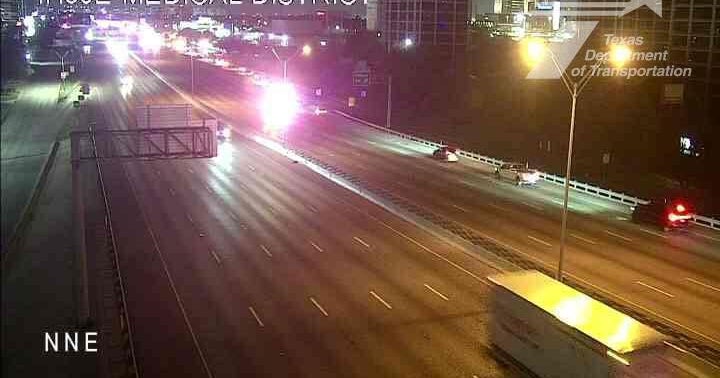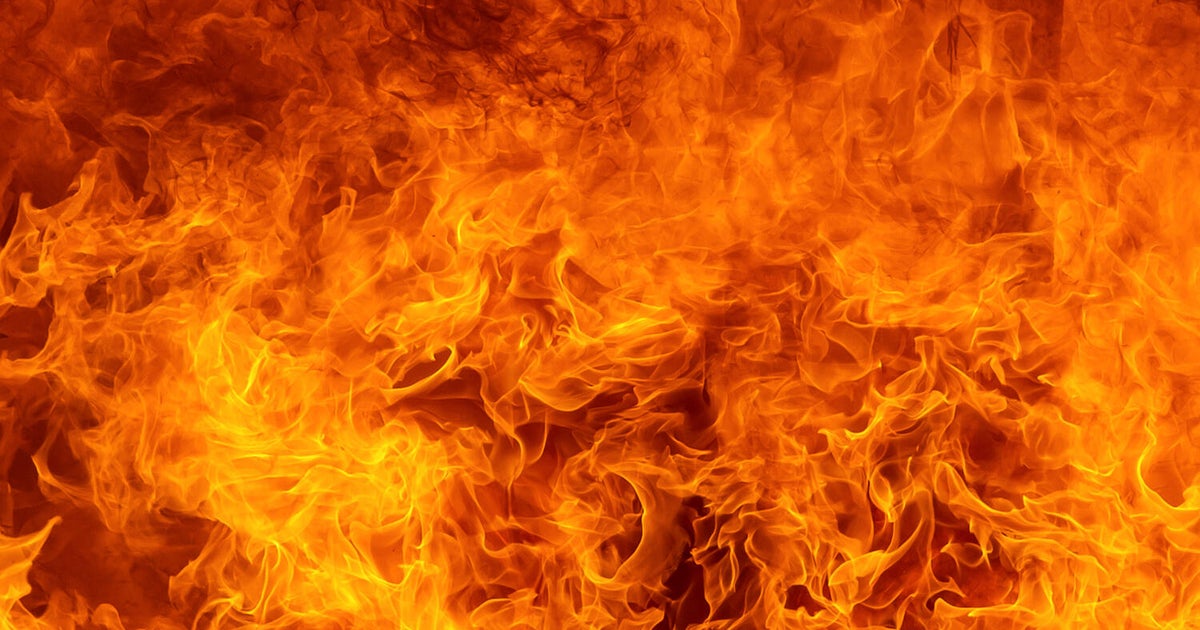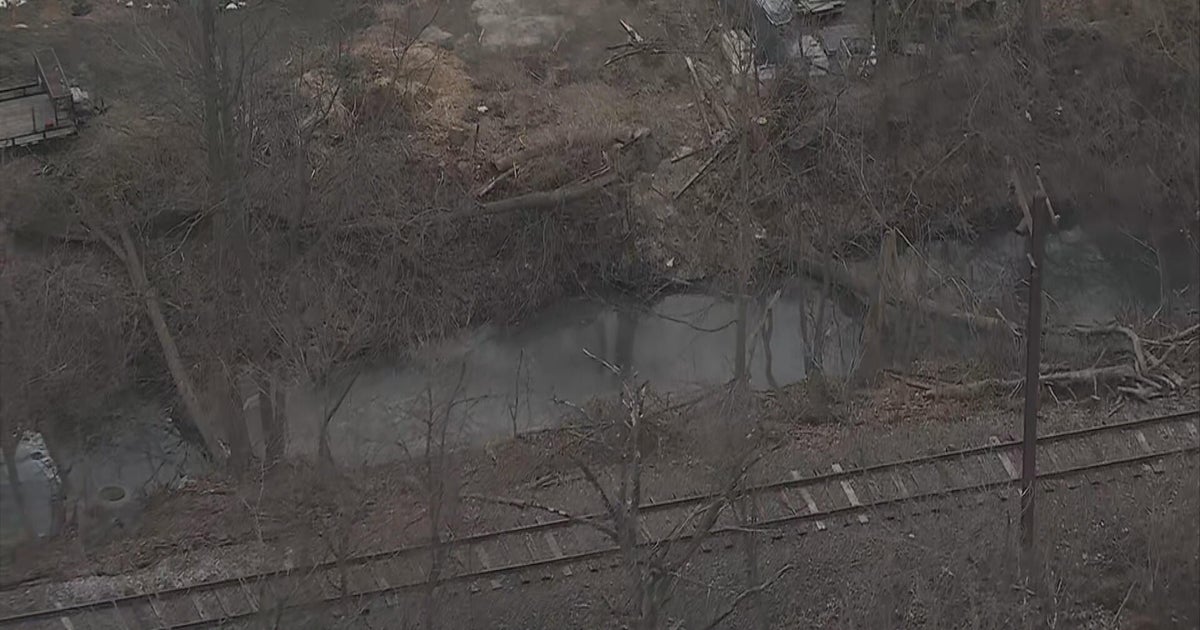Sheriff Reviews Waldo Canyon Fire Successes, Shortcomings
COLORADO SPRINGS, Colo. (AP/CBS4) — The El Paso County Sheriff's Office has documented successes and shortcomings in a report on its response to the Waldo Canyon wildfire, which killed two people and destroyed 347 homes in Colorado Springs last June.
In one section, the report released Thursday credits staff and volunteers in the emergency operations center with readily adapting as the wildfire grew. But it also says they shouldn't have deployed resources without first coordinating with incident command officials.
Heavy air tankers could not be brought to Colorado to fight the fire early in the battle. That's because of a depression-era federal law that requires the use of private resources first.
"We are setting ourselves up for failure by having a string of bureaucracy that requires we bring in light aircraft. When we know it doesn't have the capacity to have an impact in what we're trying to do," said El Paso County Sheriff Terry Maketa.
"In view of all the problems and all of the damage they did not have a plan in place of any sort and it was kind of a catastrophe. The sheriff said during the mass evacuations that people unnecessarily stopped at traffic lights. He cited problems with reverse 911 calls and people knowing the evacuation terminology," said evacuated resident Ken McLeod.
The sheriff also criticized the federal government for lack of accessibility to forest areas.
"And too many times our forests are governed by a centralized decision-making point, obviously in Washington, DC under the Department of Agriculture, and the nuances and the threats of each individual community are not taken into consideration," said Maketa.
Donice Fennimore lost her home in the massive wildfire. She praised the response from emergency officials.
"I think they did everything that they could. I think Waldo was something that no one expected," said Fennimore.
City officials released their own self-evaluation this month. They identified deficiencies including inadequate food and water for responders, confusion over boundaries of evacuation areas, and inadequate communications.
The 28-square-mile wildfire forced nearly 29,000 people from their homes. Investigators say the fire was human-caused, but they haven't said whether it was intentional.
(TM and © Copyright 2013 CBS Radio Inc. and its relevant subsidiaries. CBS RADIO and EYE Logo TM and Copyright 2012 CBS Broadcasting Inc. Used under license. All Rights Reserved. This material may not be published, broadcast, rewritten, or redistributed. The Associated Press contributed to this report.)







